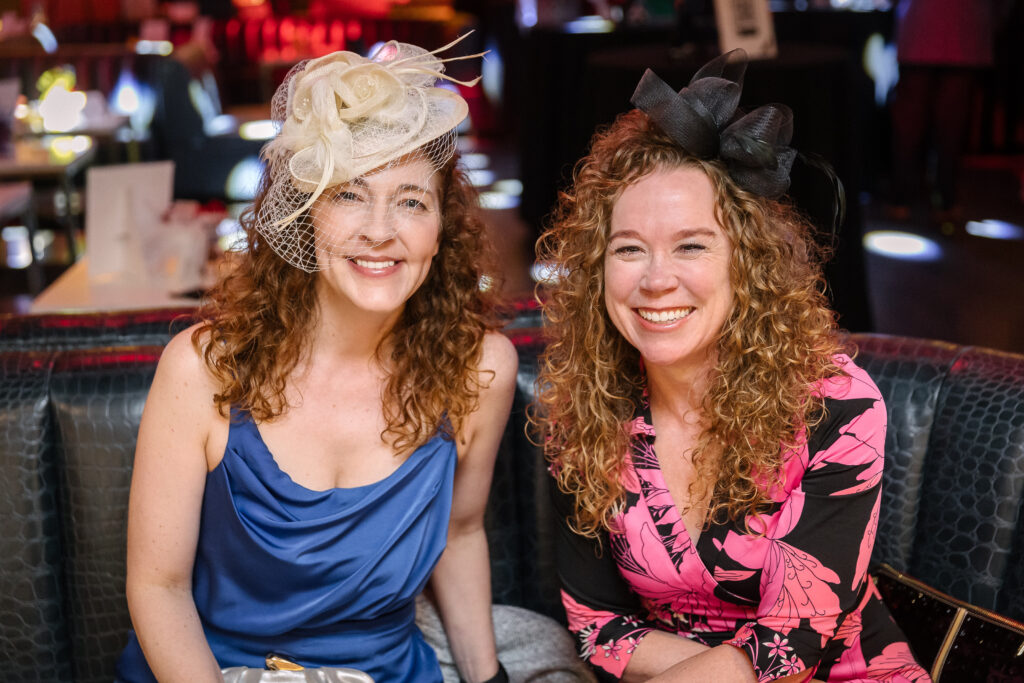Lori Jubinville of Chicopee, MA, was diagnosed with mitochondrialRelated to the mitochondria. disease in June 2005. In September 2005, Lori and husband Mark attended the first MitoAction Energy Walk. This year, along with MitoAction, the couple will mark 10 years of walking to raise awareness about this devastating disease.
The 10th annual MitoAction Energy Walk & 5K, presented by America’s Compounding Center, will be held Sunday, Sept. 14, 2014 at DCR’s Mother’s Rest in South Boston, MA. For more information and to register, please visit www.mitoaction.org/energywalk.
Soon after Lori’s diagnosis of mitochondrial disease, complex I, she heard about the walk from her doctor. “We started fighting from the get-go,” Lori said about their decision to attend the walk. “I had never heard of mitochondrial disease.”
“It was hard,” Mark said about getting the diagnosis. “We didn’t know anything. We had no clue what to do, what to expect.”
Mitochondrial disease is an inherited chronic illness that can be present at birth or develop later in life. It causes debilitating physical, developmental, and mental disabilities with symptoms including poor growth; loss of muscle coordination; muscle weakness and pain; seizuresEpisodes of abnormal electrical activity in the brain.; vision and/or hearing loss; gastrointestinalGI issues; learning disabilities; and heart, liver, or kidney failure. About 1 in 2,000 people has Mito. It’s progressive and there is no cure.
Lori was born with cerebral arteriovenous malformation (AVM), an abnormal connection between the arteries and veins in the brain. She suffered her first stroke at age 17, and her fourth and most severe stroke in 1992. She has partial sight and hearing loss and her left side is paralyzed. The AVM was removed and she was able to start exercising again. But then the fatigueThe overall feeling of tiredness or lack of energy. It is not the same as simply feeling drowsy or sleepy. Being fatigued means having no motivation or energy. started, the heaviness and pain in her legs and arms grew. Her head felt like a bowling ball; it felt like the blood in her legs was frozen. After numerous tests, muscle biopsies, and 10 years, Lori, at age 44, was finally diagnosed with Mito, which caused two more strokes in 2008.
That first walk, around Boston Common, attracted about 100 people, Mark estimates. This year, more than 1,200 people from around New England and as far away as California will attend to raise awareness and gain support. “Being with so many other people who face the same thing is a good thing,” Mark said. “You’re not the only one … it helps to see that.”
That first walk had a tent, a couple of booths, and coffee and bagels. Back then, MitoAction was known as the Mitochondrial Disease Action Committee. Lori and Mark marvel at how the walk has grown in 10 years, from the number of people and teams participating to the major sponsors now onboard who have information booths at the event.
The walk is presented by America’s Compounding Center and sponsored by Stealth Peptides, Courtagen Life Sciences, Inc., ThriveRx, Acton Pharmacy, and Deep River Snacks.
“Anytime you can walk away from that day and gain at least one piece of knowledge, you’re ahead of the game,” Mark said.
Lori, who captains Lori’s Wings of Hope team, looks forward to the walk every year because it keeps hope alive. “Hope is my favorite word. If you don’t have hope, you don’t have anything,” she said. She also looks forward to seeing the friends she has made at past walks. “It’s the camaraderie,” Mark said. “You meet a lot of people there.”
“MitoAction is the voice of the mitochondrial disease patient community, and we are inspired by the teams, families, sponsors, and individuals who come together each year to support this event,” said Cristy Balcells, MitoAction’s Executive Director. “For us, celebrating the 10th anniversary of the MitoAction Energy Walk and 5K signifies much more than excitement about an annual event. September 14th is a celebration of the heroes in our community, of our shared successes and frustrations, and of tremendous growth. We are proud to walk together and to raise awareness in Boston about mitochondrial disease.”
While the walk kicks off Mitochondrial Disease Awareness Week, the Jubinvilles and their son, Joe, raise awareness year-round. They named their yellow lab “Mito,” which always leads to an explanation of the name. Mark has T-shirts from every MitoAction walk and wears them to places where he’ll meet a lot of people. They leave MitoAction brochures at doctors’ offices and hospitals. They wear their Mito bracelets all the time. And they ask their friends to bring up Mito when talking to others so they can explain it, too.
Proceeds from the walk/5K benefit MitoAction, a Boston-based 501(c)(3) dedicated to improving the quality of life for children, adults, and families living with mitochondrial disease through support, education, outreach, advocacy, and clinical research initiatives. Learn more at www.MitoAction.org.
For more information, email walk@mitoaction.org or call 888-648-6228. To register, visit www.mitoaction.org/energywalk.











